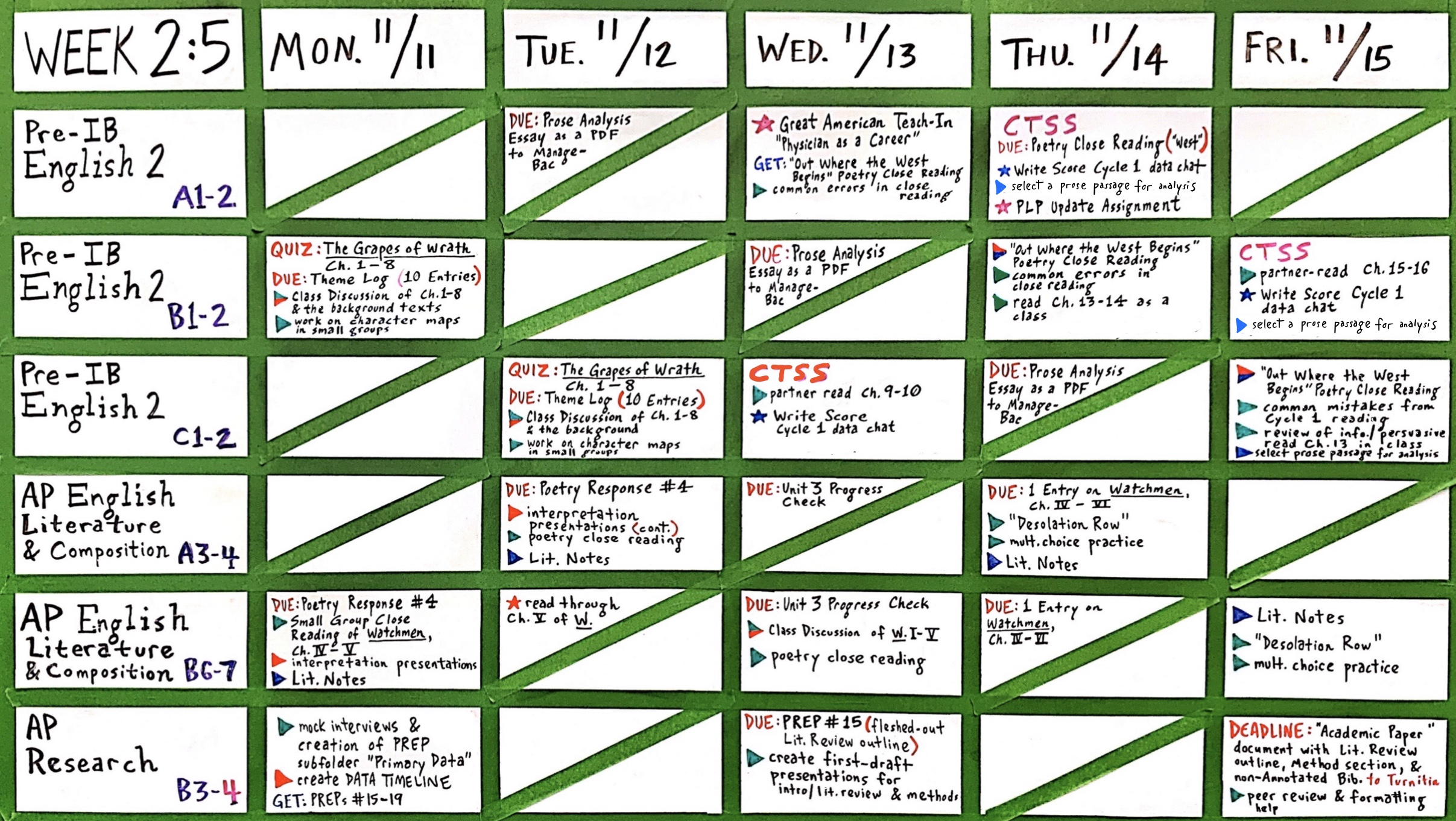Religious language and verificationism - A Level Philosophy.
The statement in the title is suggesting that non-cognitive language, or non-factual language, is inefficient at attempting to solve the relevant and evident issues with religious language. In this essay I will argue that although there are several innate flaws with non-cognitive language, I, on occasion, actually find it more helpful than cognitive language. This is because when using.In the debate about religious language, it is important that broadly speaking, there are two types of language, cognitive and non-cognitive. Cognitive language conveys facts i.e. things that we can know or be cognisant of. Non-cognitive language conveys information that is not factual; feelings and emotional claims. Those who believe that religious language is non-cognitive and so meaningless.Religious language is meaningless. In the debate about religious language, it is important that broadly speaking, there are two types of language, cognitive and non-cognitive. Cognitive language conveys facts i.e. things that we can know or be cognisant of. Non-cognitive language, predictably, conveys information that is not factual.
Religious myth is non cognitive and according to Macquarrie, not meant to be rationalised. It seeks to explore humanities relationship to God, and humanities place in the cosmos, human destiny, and the place of humankind and the universe in God's plan of salvation and judgment; it does not posit any cosmological truths.I need help writing a essay E Series 15 Funding of the last custom essay writing service reviews category require care emergency, non-urgent, scheduled in 2010 was an average of 17. For general instructions on how to apply for financial aid, please visit the Office of Undergraduate Financial Aid website. English please fill the most.

The influence of religious experience on religious practice and faith; Miracles; A contrasting study of David Hume and Richard Swinburne; Religious language. inherent problems; cognitive, but meaningless; non-cognitive and analogical; non-cognitive and symbolic; non-cognitive and mythical; a language game.












